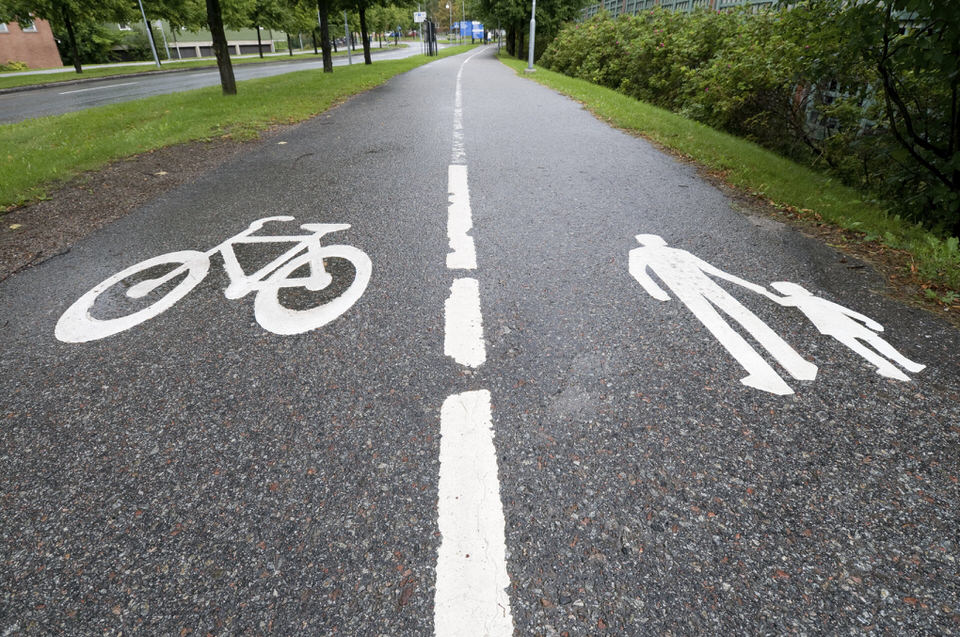A Reminder About Social Media and Personal Injury Claims
Sarah Tambosso’s Facebook posts showed her engaging in a variety of activities and social events while her evidence at trial presented a picture of a very different individual with a family, work and social life that was very limited. The court found Ms. Tambosso’s evidence unreliable and she was awarded a very modest amount.









